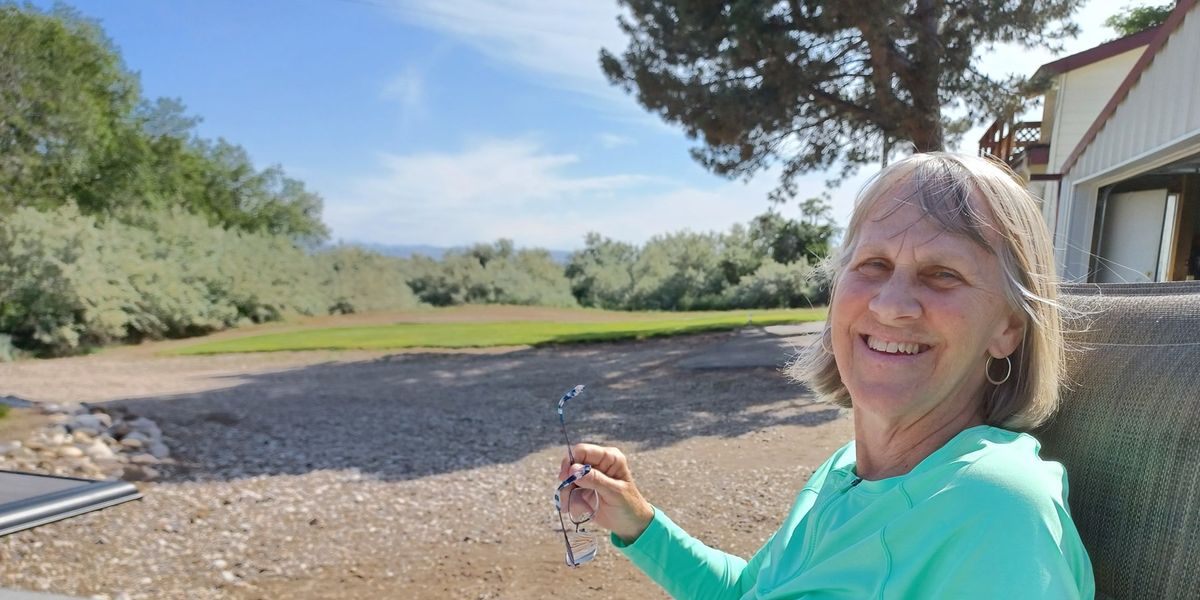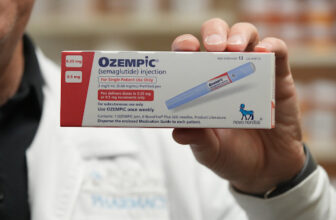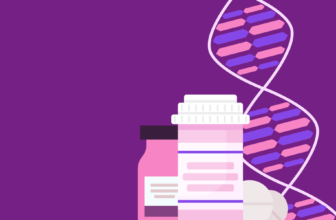
[adinserter block=”3″]
June is Alzehimer’s and Brain Awareness Month.
As told to Nicole Audrey Spector
“Why would you donate your brain to science?”
It’s a question I’ve been asked a lot since I decided to, well, donate my brain to science. The answer? It begins with love.
In my case, it’s my love for the 13 women (on both my mother’s and father’s side) whose lives have been devastated by dementia.
Losing so many important people to this agonizing disease has been painful, to say the least, but losing my mother to dementia was the cruelest loss of all. My mother was an intelligent and outgoing person. She was the type who would befriend strangers in the checkout line at the supermarket. She loved people, and they loved her right back.
But everything changed when she was about 70 years old. She became quick to anger and confusion. Once I was filling out some paperwork with her and I asked her for her Social Security number. She halted the conversation and started rummaging through her purse.
“Mom, you know it’s not safe to keep your Social Security card in your purse,” I said.
Her eyes flashed wrath at me. I instantly learned that no matter how old you are, you must never scold your mother.
My mother had clearly forgotten her Social Security number — and possibly even where she’d put her Social Security card. In the coming years, this wouldn’t be all she’d forget. She’d go on to forget where she lived, that her husband had died, and that her parents had been gone for decades. She’d forget to buy food and forget to eat.
My mom, like so many other women in my family, suffered from vascular dementia. The condition had developed after a series of small strokes. She had no history of smoking or diabetes (which can heighten your risk for strokes) and had been a lifelong athlete.
Even as her symptoms got worse, my mom remained in strong denial that anything was wrong, and she got upset when any of us expressed concern over her deteriorating mind. She didn’t want to lose her independence. Who does? Her fear could make her manipulative and mean. Dementia alienated her from her community. Each of her dearest friends was left wondering, “What did I do to make her hate me?”
I began to miss my mother — the funny and gracious woman who could easily beat you in a game of bridge and swim laps around you. She was tragically vanishing.
Lauren’s mother, Grace, 2012
And there was nothing any of us could do to stop her decline. Doctors were in the same boat. It was just a matter of waiting until things got so bad that my sisters and I had to step in and get her into an assisted living facility. We had to be the bad guys.
Dementia can be torturously long. My mother lived to be 89. She spent the last five years of her life silent and immobile — a breathing relic of a human being.
It pains me that my children’s memories of their grandmother are made up mostly of her worst phase in life. I wish they could remember the first 70 years of her life, rather than the humiliating final chapter.
When I myself became a grandmother, the dementia my mother and many other family members had suffered hit me especially hard. Holding my precious 6-week-old granddaughter, I felt I was in the crosshairs of this disease. I wondered how my own last chapter in life would read. Was there really nothing I could do to help change the course for future women in my family?
One day I was in the car listening to an NPR special about the desperate need for brains for research in all areas of study, including Alzheimer’s disease and dementia, Parkinsons, autism and concussion. I found out that brain banks have been established around the country and learned about the Brain Donor Project. I was also surprised to learn that checking the “organ donor” box on your driver’s license does not make your brain available when you die.
I instantly knew that I wanted to donate my brain — diseased or not — in the hope that it could help evolve understanding about dementia. I filled out an application on the Brain Donor Project website and sent it in. I soon received an acceptance letter and an all-hours phone number for my family to call upon my death. The brain bank will coordinate transportation of my body to the local hospital and provide a recovery specialist who will remove my brain and take care of shipping it to the nearest facility. This whole procedure is provided at no cost to my family. Immediately after the brian extraction, my body will be returned to my family for burial or cremation.
I don’t feel that donating my brain to science is some great act of selflessness or sacrifice. What use will I have for my brain when I’m dead? The whole thing will be shut off by then. If there is anything after this life, my brain, like all of my other organs, won’t be needed to experience it.
There’s something particularly interesting to me about talking about all this amid the dawn of ChatGPT and the societal questioning of how far AI technology will go and what it may take from us. It’s interesting because I don’t necessarily feel that it’s the artificial brain we should be so awed by — it’s the human one.
I hope that other people, with or without a history of brain disease, will also consider brain donation. It won’t hurt anybody, but it could, potentially, help many by enriching science’s understanding of this most powerful and mysterious part of us.
Have a Real Women, Real Stories of your own you want to share? Let us know.
Our Real Women, Real Stories are the authentic experiences of real-life women. The views, opinions and experiences shared in these stories are not endorsed by HealthyWomen and do not necessarily reflect the official policy or position of HealthyWomen.
Related Articles Around the Web
[adinserter block=”3″]
Credit : Source Post






